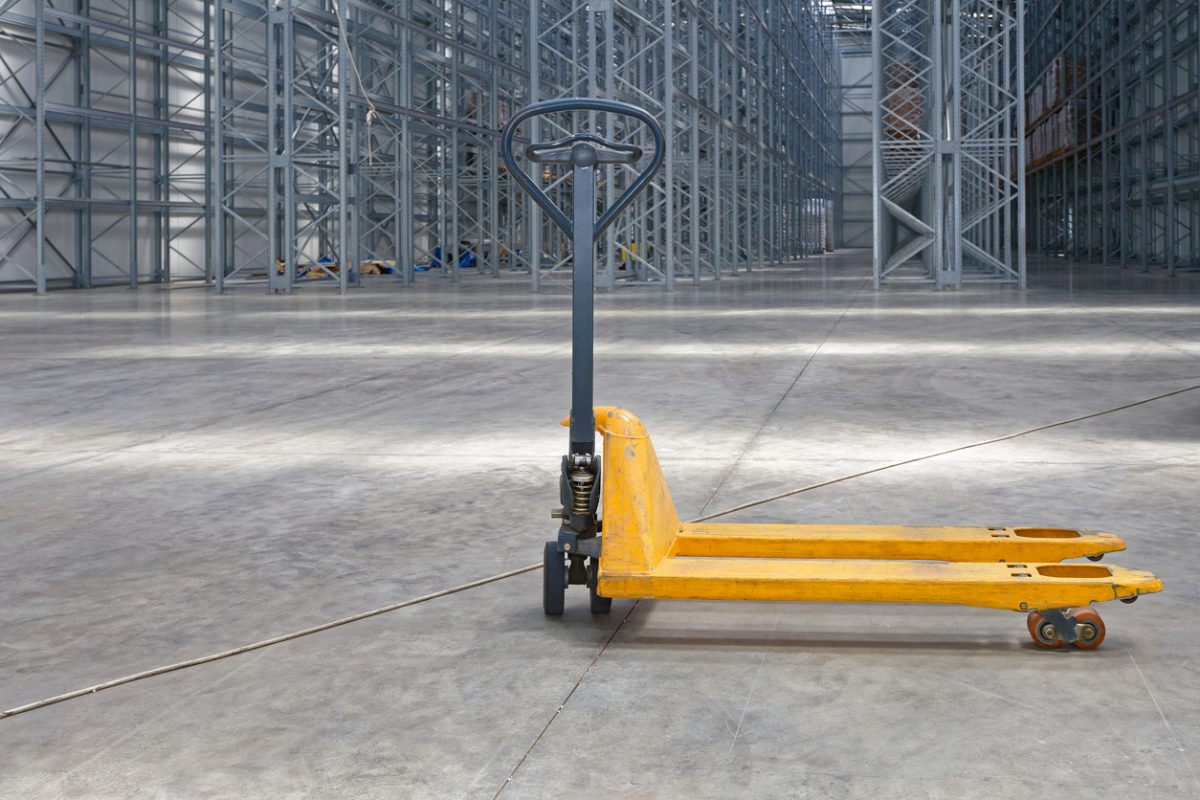Experts argue building up reserves is urgently needed.
Creating strategic reserves of critical raw materials could contribute much faster to securing supplies for the U.S. economy than new mining projects. At least that’s how industry insiders see it, according to Bloomberg. Instead of investing billions in projects that may not deliver results for many years, 600 million dollars could buy enough gallium, germanium, and cobalt for two years. The export restrictions and bans imposed by China demonstrated the urgency of securing access to technology metals and rare earths last year. In the meantime, exports of gallium, for example, came to a standstill as export licenses had to be obtained.
At the same time, China’s strategy about resources could be a role model, Bloomberg quotes other voices from the industry. There, the National Food and Strategic Reserves Administration manages stocks and stabilizes the market by buying or selling if necessary. According to experts, the agency has good timing when intervening. According to estimates, it manages two million tons of copper, among other things, and makes decisions much faster than its US counterpart, the Department of Defense’s Defense Logistics Agency (DLA). The DLA must submit applications to Congress to purchase resources, which can take a whole year for approval, Bloomberg continues.
The International Energy Agency (IEA) has also recently advocated building up reserves of raw materials. In this context, IEA Chairman Fatih Birol referred to the mechanism for maintaining the oil supply. The agency was founded in 1974 to avert shortages of fossil fuels. In contrast to crude oil, which the IEA members are obliged to hold in stock, the IEA advocates voluntariness for critical raw materials in a recent communiqué.
Photo: iStock/Baloncici


